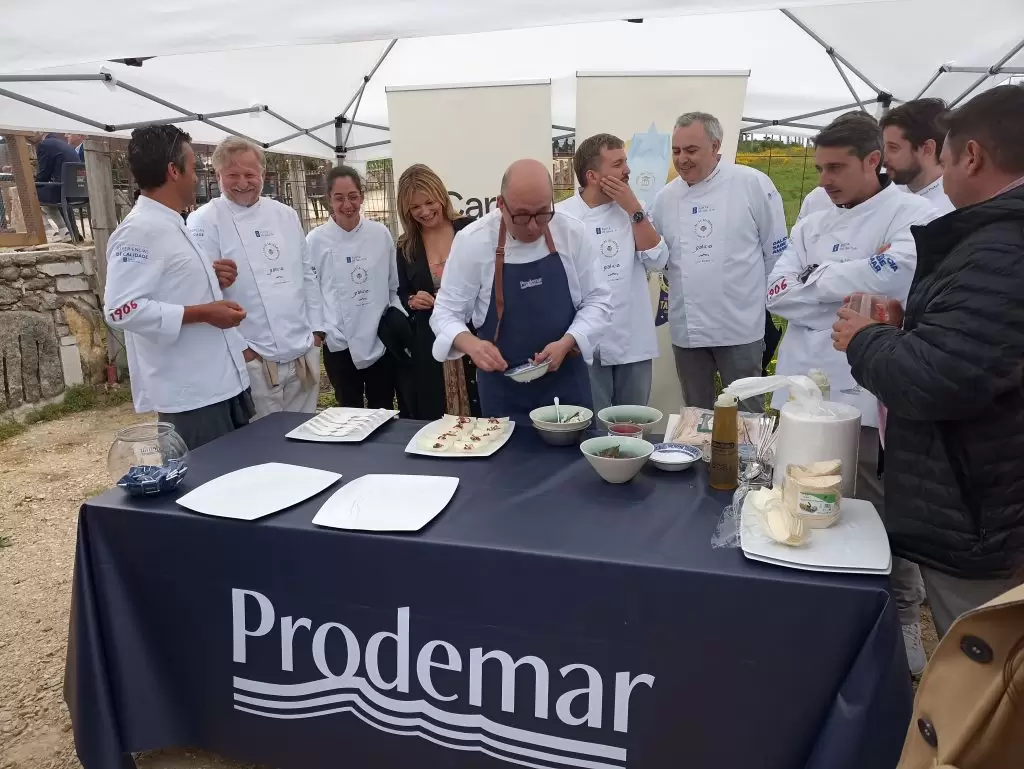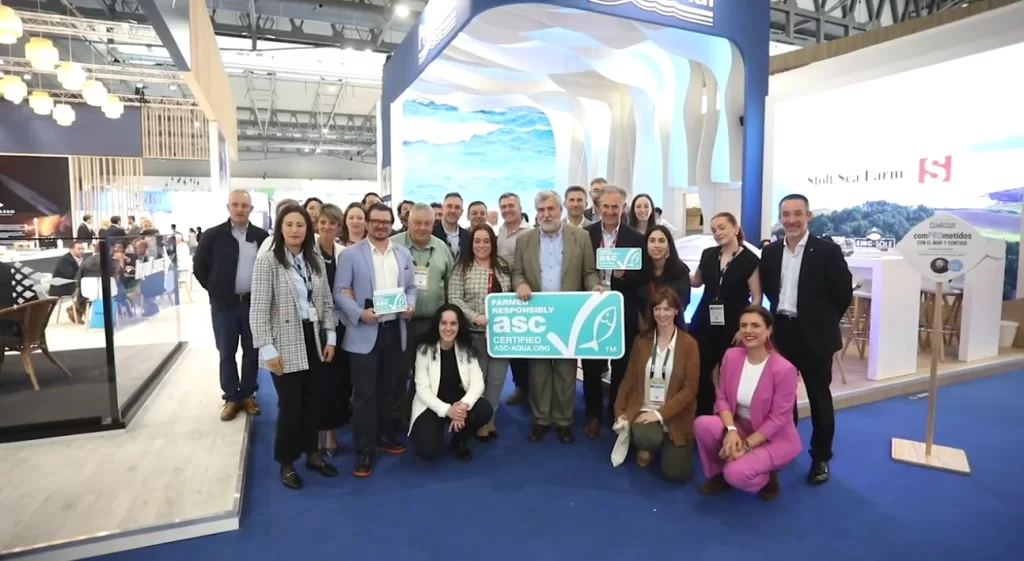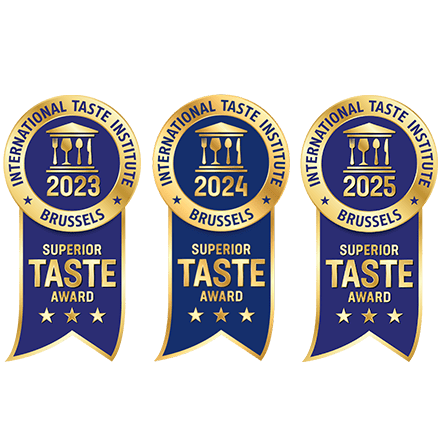Food safety fit for the future
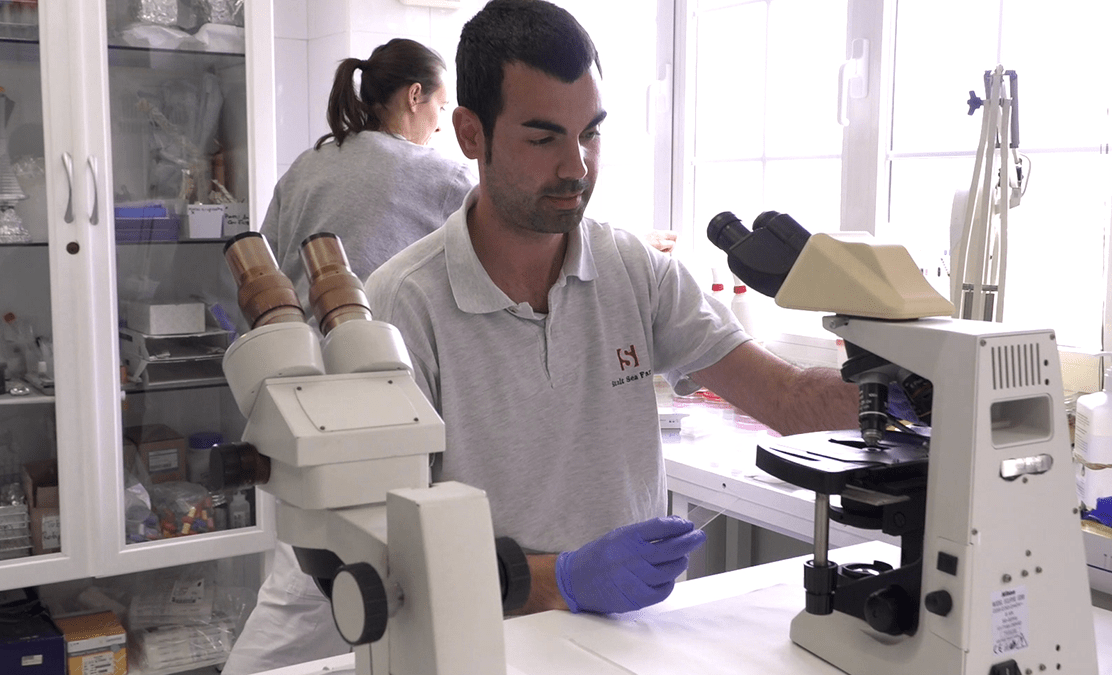
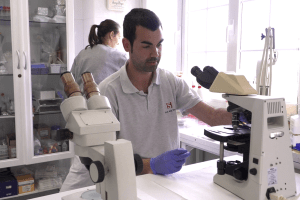 Robust safety standards have long been the main priority in the food sector. And nowadays, producers and consumers alike are aware that global farm-to-plate food safety supports wider issues of food supply and sustainability.
Robust safety standards have long been the main priority in the food sector. And nowadays, producers and consumers alike are aware that global farm-to-plate food safety supports wider issues of food supply and sustainability.
As Europe’s dominant aquaculture player in the high-grade commercial turbot and sole space, Stolt Sea Farm (SSF) already sets a high bar for food safety. But a greater focus on consumer-facing products has meant putting its own processes and culture under the microscope to double down on its core food safety promise for an expanding customer base.
Embracing a sea change in food safety standards
SSF is always looking to the future while consolidating its strengths and the business has ambitious plans for the future. With 416,000m² of land recently secured across Spain and Portugal for a new hatchery, processing plant and farms, 10,000 tonnes of additional product capacity will be added by 2032.
But great growth comes with greater responsibility. As SSF transforms from a business-to-business to a more consumer-centric company, it must future-proof its commitment to food safety to meet this ever-expanding horizon.
This means that, as well as meeting all mandatory food safety requirements across various jurisdictions, the company self-imposes voluntary standards, such as the GlobalG.A.P. certification (an internationally recognised standard for farm production) and IFS Food Standard (for food safety and quality of processes and products).
These rigorously assessed internationally recognised standards help SSF clearly demonstrate its food safety commitment to customers. Take GlobalG.A.P. for example. The benchmarking process for this certification involves preparing a detailed application, undergoing an integrity check and peer review, onsite audit and a benchmarking committee review.
SSF is proud that it has retained these hard-won accreditations for several years, but it also seeks continuous improvement to stay ahead of the curve and meet the challenges inherent in this ever-changing market.
Multiplying challenges throughout the value chain
With operations in five countries, 14 farms and two hatcheries, 450 employees and market reach across more than 30 countries, SSF already has a lot on its logistical plate. And an extended menu including fresh, frozen and value-added products (VAP) – such as fillets, individual portions and steaks – plus expansion into new geographies, compounds food safety requirements throughout the value chain.
 Some of these components were catalysed by agile responses to the Covid-19 pandemic. For instance, as restaurants and hotels closed doors, SSF froze large quantities of its high-quality fresh fish stock, rather than risk wastage. SSF Quality and Environment Manager, Berta Fernandez (pictured) explains: “Although we had just started our freezing activity, the pandemic gave us cause to speed up that process and go deeper into this new field, which is now a key part of our portfolio of products.”
Some of these components were catalysed by agile responses to the Covid-19 pandemic. For instance, as restaurants and hotels closed doors, SSF froze large quantities of its high-quality fresh fish stock, rather than risk wastage. SSF Quality and Environment Manager, Berta Fernandez (pictured) explains: “Although we had just started our freezing activity, the pandemic gave us cause to speed up that process and go deeper into this new field, which is now a key part of our portfolio of products.”
Back in the ‘new normal’, SSF’s 72-hour delivery commitment for fresh fish across all markets is a prime example of the company maintaining consistently high food safety standards throughout a complex pipeline involving specialist equipment, trusted external partners and eagle-eyed monitoring.
“We mandate high food standards with employees by providing comprehensive training in all food safety regulations and best practices.” – Jorge Alfonso, SSF Food Operations Manager
As all SSF farms are located in Europe, they mainly adhere to the same EU requirements – with specific compliance procedures in place for exports to countries with different or additional requirements. “For example, if we are transporting fish by air, we need to pack differently, using waterproof boxes and sealed ice bags to maintain optimum temperature and prevent degradation,” explains Fernandez.
“And the shelf life of VAPs is particularly short, so sending these to markets that aren’t close to our packing facilities is a challenge which must be overcome by maintaining the correct temperature in refrigerated trucks and ensuring journey times are as efficient as possible.”
Last but not least, hurdles can emerge in maintaining food safety standards when numerous different stakeholders and contractors are involved in supply chains.
Embedding a collaborative culture
Food safety encompasses every aspect of business at SSF, from the lab to hatchery, the ongrowing phase and tank technology to transport and packaging. This means continually considering the potential risk of final product contamination, so making thorough risk assessments of machinery and processes, employees’ behaviour and suppliers’ practices is vital.
“We have a dedicated food safety standards team,” says Fernandez, “and our mission is to develop and continually reinforce our food safety culture. We set an example with our own actions as a company and then collaborate with all stakeholders and contractors.
“One of our duties is to provide awareness of the safety requirements and implications in all phases of our activities. We started with staff surveys then we developed a plan that involves the active participation of all team members. We know that telling people what to do isn’t enough. We all need to demonstrate behaviour that supports our values: acting responsibly and transparently as we deal with any issues that might arise. This culture is already in place, but we’re constantly working to reinforce it.”
 Robust hands-on training is crucial for maintaining exceptional food safety standards amongst employees, explains SSF Food Operations Manager, Jorge Alfonso (pictured). “We mandate high food standards with employees by providing comprehensive training in all food safety regulations and best practices.
Robust hands-on training is crucial for maintaining exceptional food safety standards amongst employees, explains SSF Food Operations Manager, Jorge Alfonso (pictured). “We mandate high food standards with employees by providing comprehensive training in all food safety regulations and best practices.
“This is absolutely key and needs to be completed by everyone who works in or directly with our farms. It includes training on how to properly handle, store and process food, as well as regular updates on any changes to regulations and certifications. We also have a system in place for monitoring employee adherence to food safety protocols, including regular inspections, audits and random checks.”
For Alfonso, proactive reporting is also important. “We encourage employees to report any food safety issues or concerns immediately” he says. “And we have a clear process for addressing and resolving these issues.”
Food safety is all about the trust we provide to our customers. That is why food safety, customer service and sustainability are so intimately linked." – Berta Fernandez, SSF Quality and Environment Manager
Meanwhile, clear communication channels make it easier to maintain ultra-high standards with stakeholders throughout the supply chain, and SSF works collaboratively to provide tailored training and support to partners to ensure they are equipped to meet standards – both SSF’s and those set by international regulators. SSF also audits and inspects partners’ facilities regularly and takes immediate action to resolve any issues or identify practices that can be improved.
Championing innovation
Technology also plays a vital role in shaping SSF’s supercharged food safety standards. For example, specialist machinery that automates processes like filleting fish minimises potential risks to employees, maximises product quality and unlocks efficiencies. Process digitalisation is also making a crucial contribution.
“We use specialist manufacturing management software, and we are working on implementing warehouse management software,” says Alfonso. These tools let us track and trace our products throughout a complex supply chain involving different stakeholders and contractors. In this way, we can monitor quality control from our farms right through to our customers.”
Encouraging results
For SSF, food safety is intimately tied to customer trust and aligns deeply with wider commitments to customer service and sustainability.
As increasing numbers of customers demand products that are less damaging to the planet, SSF’s sustainability plan is a commitment to improve its use of natural resources without compromising food safety standards.
And while the most visible evidence of SSF’s commitment to food safety might be automation upgrades and improvements to physical facilities, the company’s insistence on a cultural focus on food safety means this issue positively impacts practically every operational touchpoint.
Food for thought
With a zero-tolerance approach to food safety forming a core part of SSF’s sustainability plan, the company is looking to the future with confidence.
In the short term, there are projects to develop more sustainable packaging, collaborations with feed manufacturers to investigate new formulas with lower fishmeal and fish oil content, and a move to zero food waste, for instance, by leveraging technology that upcycles by-products.
Exciting plans are also afoot to improve the SSF QR code system even further, thus meeting growing consumer demand for transparent and traceable food safety information from farms and processing plants.
With a strong internal food safety culture, external stakeholders on board and a commitment to open consumer relationships, SSF’s mission to ensure future generations continue to enjoy wonderful seafood is in safe hands.
This article was first published in English in Stolt-Nielsen's thought-leadership publication, Stolten.
